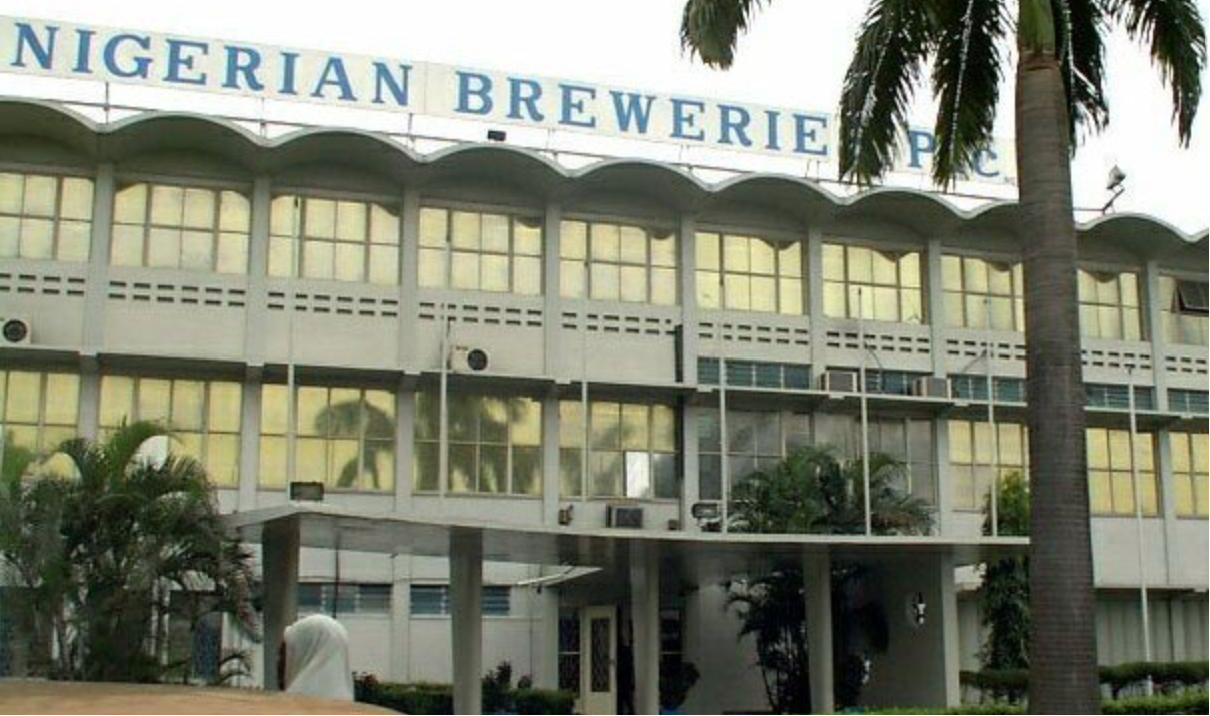Nigerian Breweries Launches 9-Month Free Technical Skills Training With Stipend for Graduates
Nigerian Breweries Plc has announced the launch of its 9-month Technical Skills Development Programme, designed to equip young Nigerian graduates with specialized engineering and maintenance skills.
Program Overview
The initiative, implemented in partnership with the Industrial Training Fund (ITF) and Nigeria Employers’ Consultative Association (NECA), focuses on Mechanical/Automation Maintenance and Engineering training. Applications are open until June 4, 2025.
The free training will be conducted at the Nigerian Breweries Supply Chain Academy, with practical attachments at various brewery locations nationwide. Trainees will receive a monthly stipend but no salary during the program.
Eligibility Requirements
Applicants must meet the following criteria:
- Nigerian graduates who have completed NYSC
- Minimum of five credits including English, Mathematics, Physics, and Chemistry
- HND or equivalent in relevant engineering disciplines
Accepted Disciplines Include:
- Mechanical Engineering
- Electrical/Electronic Engineering
- Chemical Engineering
- Computer Engineering
- Automation Engineering
- Industrial Maintenance Engineering
- And other related technical fields
Application Process
Interested candidates must submit applications online at https://shorturl.at/SiaU3. Only online applications will be processed.
Shortlisted applicants will be notified via email and SMS. Candidates are responsible for their own transportation, accommodation, and feeding during the selection process and must present original credentials for verification.
Nigeria’s Technical Skills Development Landscape
This initiative joins several government-led programs addressing Nigeria’s skills gap and youth unemployment, including:
- The 3 Million Technical Talent (3MTT) program
- The DeepTech Ready Upskilling Programme
- Artisan-led mentorship in technical colleges
These programs aim to equip Nigerian youth with digital and technical skills aligned with global workforce demands.
Full credit to the original publisher: Nairametrics











